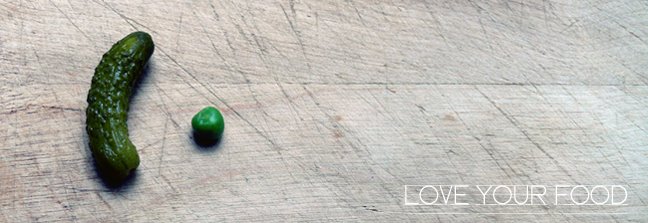
I had decided earlier in the week to write my next post about cabbage, an entry I have been meaning to create for some time now, though one I have put off for several months. Even now, as I am finally beginning my cabbage post, I am overcome with boredom. Such is the nature of most of our everyday cooking: We cannot escape drudgery. No matter how great our moments of culinary inspiration may be, when our zest for cooking is boundless and we delight in the entire process of preparing a meal, these moments surely pass, but we must always eat. Cabbage is one of my fallback vegetables, perfectly suited for the most listless, uninspired moments in my workaday life.
Cabbage is the only vegetable with the resilience to outlast everything else in the fridge. It can sit patiently on the bottom shelf wrapped in plastic for weeks - even months - crisp and new as the day it arrived. While green brassicas like kale and collards turn yellow, and more tender leaves mold and rot, cabbage remains true. Even carrots and parsnips, though long in shelf life, eventually shrivel and grow brown in the crisper. Cabbage is a miracle.
I have been buying napa cabbages to keep in the fridge. The leaves are frilly, like lace, easily shredded and cook quickly. I have been stir-frying them with garlic and hot pepper flakes, adding some salt to help release the water to create steam, and sprinkling with a few chopped coriander leaves at the end before serving. Sometimes I throw in a handful of frozen peas for good measure. I eat this with boiled pork dumplings you can find in the freezer section and dipping sauce made from a combination of soy sauce, sesame oil and chili sauce.
I present cabbage not necessarily to entice you to include it in your lineup of kitchen staples. We all have the items we fall back on when we can’t think of something thrilling to cook. I could tell the story of my first failed attempt at making cabbage rolls, the filling folded ineptly between the thick, unyielding leaves of conventional white cabbage. Or I could reveal my source for my current method for preparing napa leaves: a casual Chinese luncheon celebrating the successful arrival of a new baby. Instead, I invite you to consider the ways you cook without thinking: how you squirrel things away in the fridge, freezer or pantry to prepare when you just need to eat.


